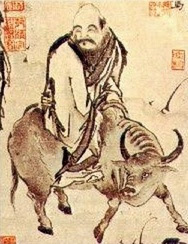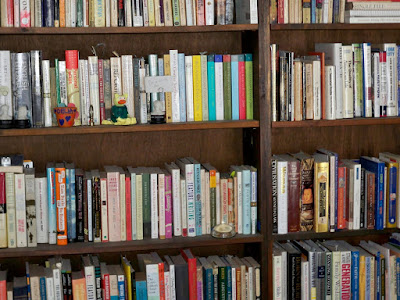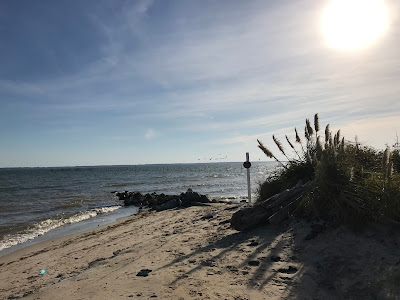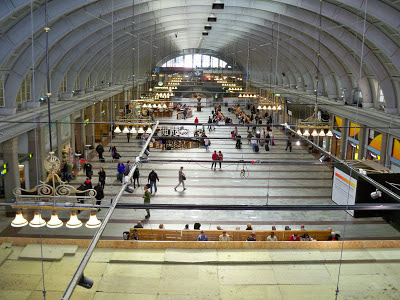Adventure Stories
Maybe it’s because I just read a book about exploring caves and catacombs, but I’m finding myself drawn to adventure stories these days.
Which is why Into Thin Air is on my nightstand and in my backpack. Jon Krakauer’s tale of the 1996 climbing disaster on Mount Everest is nothing if not gripping. Even though I’ve read it before, even though it’s dedicated to the ones who didn’t make it, I’m still pulled along by the power of a good story well told.
Adventure books are good for pandemics, inspiring in their accounts of adversity overcome. Some day, people will be writing stories about this time. They will know by then how the virus behaves, how long it lasts on surfaces and why (thank God) it spares children. They will know how we handled it here in this country, what we did wrong and what we did right. They will know how it all turns out. But for us, right here, right now, the adventure story is still being written.









